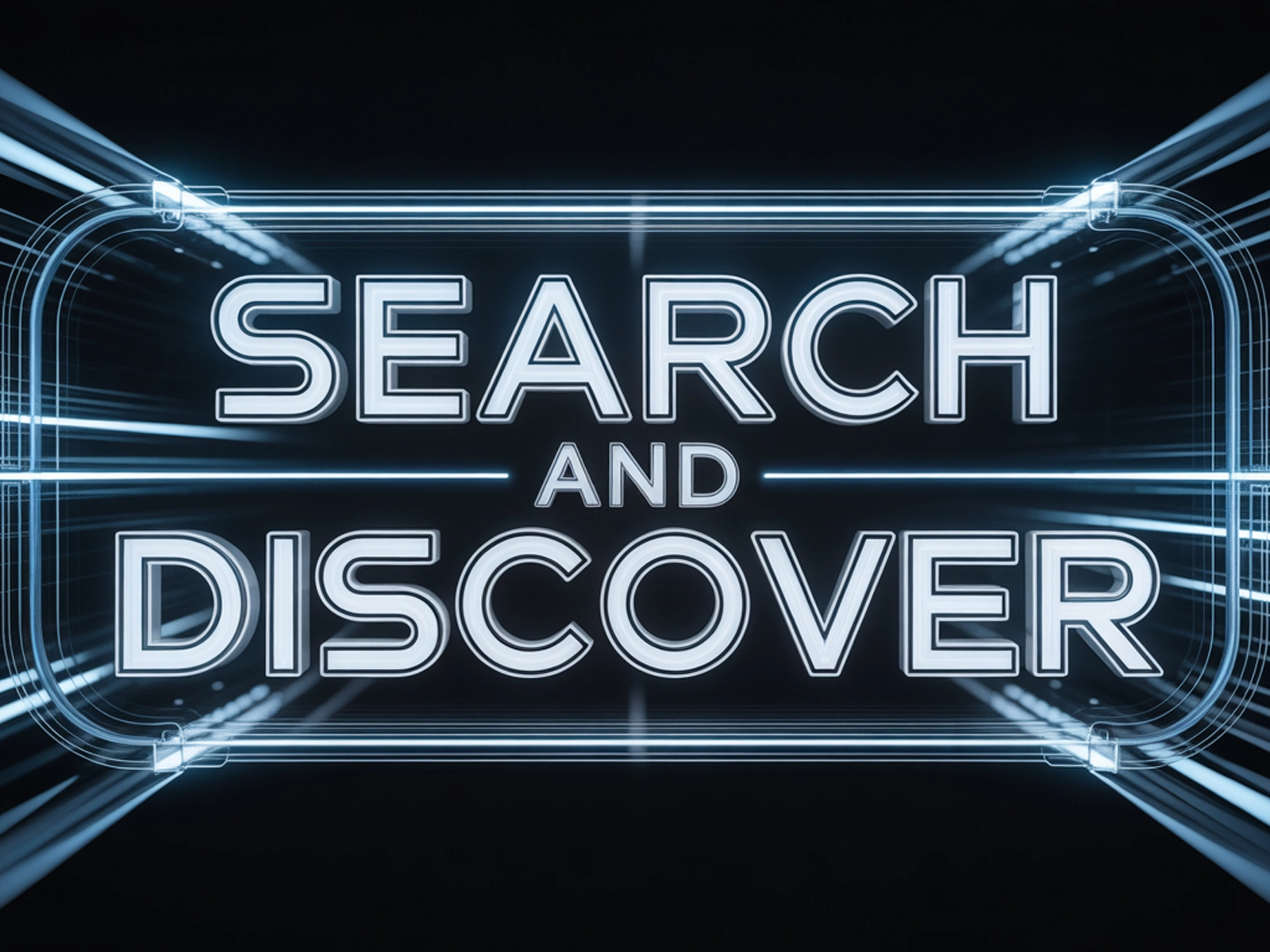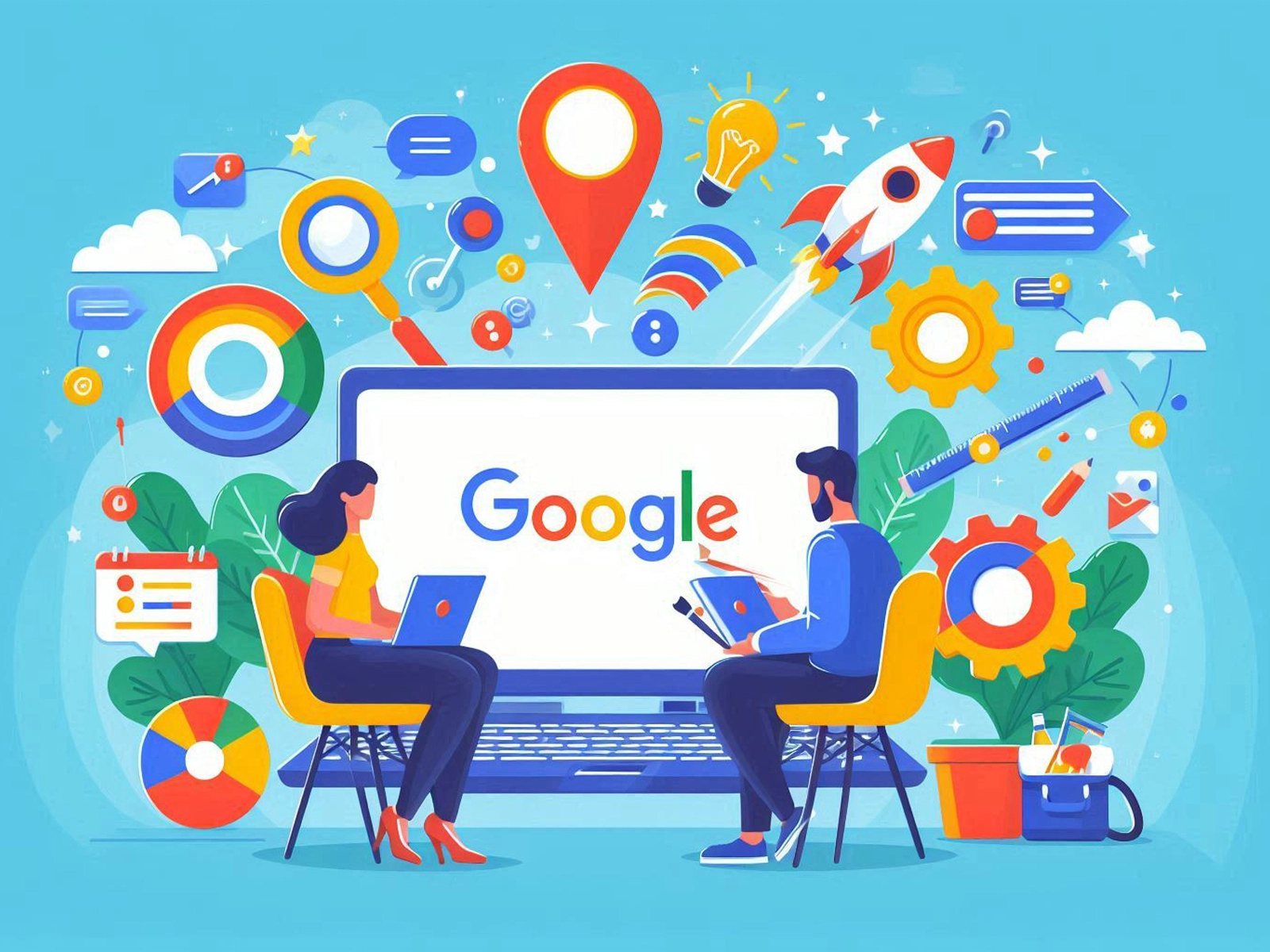
How to make Search and Discover show your perfect image
What changes in Google Ads API Developer Assistant v2.0?

How stylistic features impact user engagement in AI-generated content

3 minutes
The annual Google Marketing Live 2025 event fully confirmed the main trend in digital marketing — the dominance of artificial intelligence. While AI was previously seen as an additional tool or analytical assistant, it is now becoming a full-fledged strategist in the planning, execution, and optimization of advertising campaigns. This year, Google emphasized the deep integration of AI at all stages of the marketing funnel — from generating creative content to analytics and bid management. New features help brands automate routine tasks, better engage with audiences in real time, and quickly respond to changing consumer behavior. Special attention was given to tools that allow creating video and visual content without production teams, as well as platforms for data management that ensure safe and effective campaign personalization.
This year’s announcements at Google Marketing Live 2025 showcase how rapidly Google’s advertising ecosystem is transforming under the influence of artificial intelligence. The new features open up even more opportunities for early audience contact, quality content creation, and campaign automation.
Google is starting to show ads directly within AI Overviews on desktop devices — currently in the U.S. This allows brands to appear at an earlier stage of the user’s search journey. If you are already running Performance Max, Shopping, or broad match Search campaigns, these new formats will be available automatically.
Thanks to the new Veo model, marketers can transform static product images into dynamic videos. The AI outpainting feature allows expanding video frames beyond the original shot. All of this is gathered in the new Asset Studio platform, where branded visual content can be created without production teams.
The new Smart Bidding Exploration tool uses AI to discover promising search queries that were previously untapped. Campaigns can move beyond narrow intent phrases and start targeting broader interests, such as “how to buy a house” instead of just “mortgage rates.”
Google introduced updates for campaign performance measurement with privacy considerations. In particular, it is now easier to conduct incrementality tests, while improved cross-channel analytics provide a broader view of the customer journey. The new Data Manager allows centralized collection of first-party data and its use to optimize campaigns.
Google Ads and Analytics now feature full agentic AI tools. These tools don’t just offer recommendations — they independently create, optimize, and improve campaigns. In Ads, AI selects keywords, generates creatives, and forms ad groups. In Analytics, it identifies trends, detects issues, and provides actionable advice.
The new Marketing Advisor tool acts as a virtual marketer within the Chrome browser. It connects to Google Ads accounts, helps identify errors, suggests improvements, analyzes campaigns, and can even make changes with your permission.
Product Studio now features a “generated for you” function — AI suggests campaign ideas, optimized titles, and offers based on current trends.
Merchant Center is becoming a content hub: you can manage brand profiles, upload videos, images, and update descriptions directly within Google Search.
Google is testing interactive video ads that combine watching, listening, and shopping in one format — similar to the TikTok experience.
Google is transforming the marketing ecosystem by integrating artificial intelligence at every stage of advertising — from demand analysis and creative generation to bid optimization and performance measurement. Thanks to new features such as “smart” agents, integration of ads into AI-powered search interfaces, improved analytics tools, and generative models for visual content, marketers gain powerful capabilities to scale campaigns.
These tools not only reduce the workload on teams by automating routine processes but also promote more accurate decision-making through personalized insights and a deeper understanding of customer needs. At the same time, the focus shifts from operational tasks to strategic work, enabling brands to adapt faster to the market and interact more effectively with their audience.
Google clearly demonstrates its vision of the future of digital marketing — autonomous, personalized, and built on close collaboration between humans and artificial intelligence.
This article available in Ukrainian.
Say hello to us!
A leading global agency in Clutch's top-15, we've been mastering the digital space since 2004. With 9000+ projects delivered in 65 countries, our expertise is unparalleled.
Let's conquer challenges together!
performance_marketing_engineers/
performance_marketing_engineers/
performance_marketing_engineers/
performance_marketing_engineers/
performance_marketing_engineers/
performance_marketing_engineers/
performance_marketing_engineers/
performance_marketing_engineers/